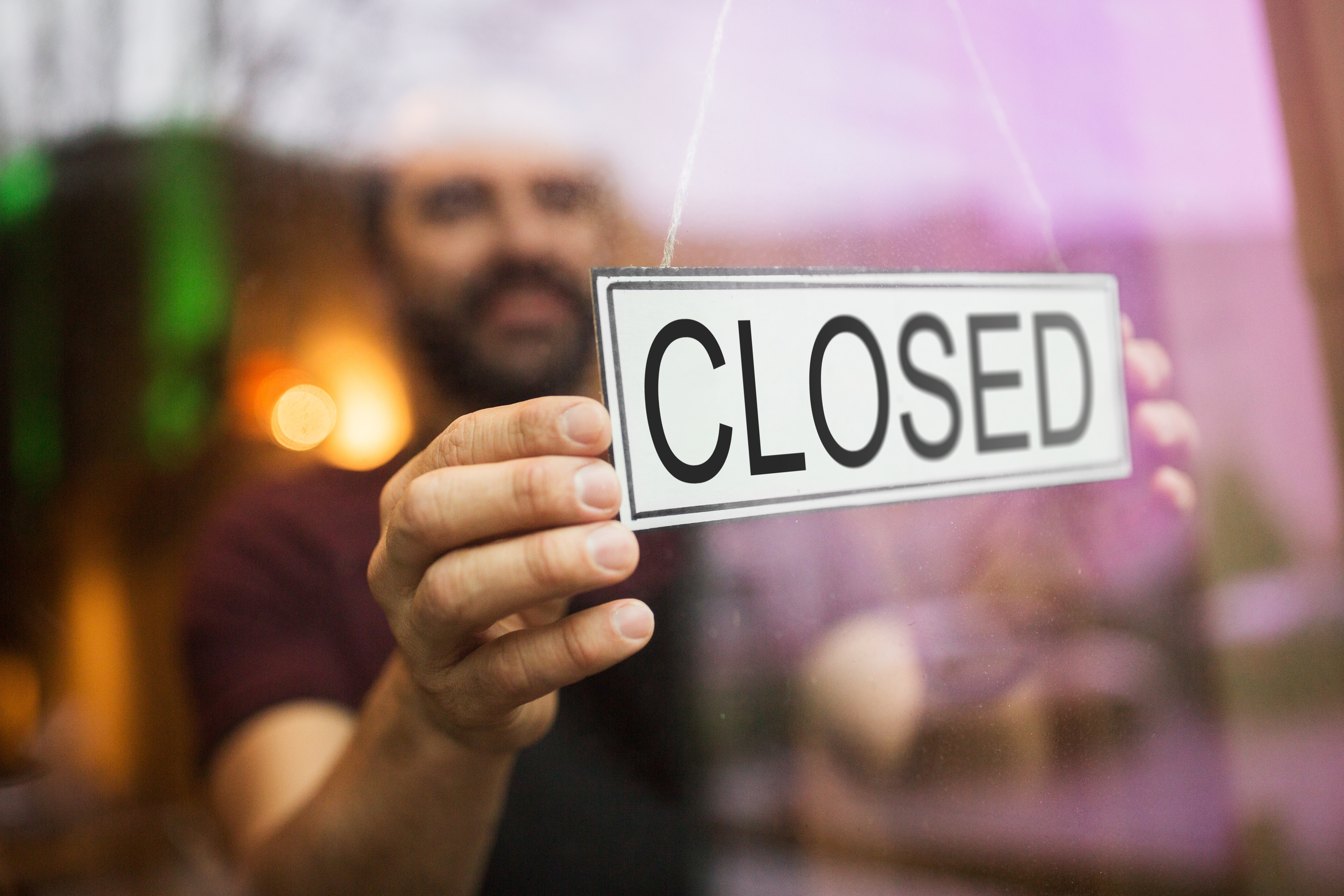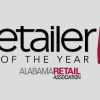Small business owners are feeling increasingly anxious about their futures, according to a survey by the National Federation of Independent Business.
The NFIB Small Business Optimism Index dropped 5.5 points in December to 95.9, below the average value of 98 recorded since 1973. Owners who said they expected better business conditions in the next six months declined 24 points to a net negative of 16 percent.
“This month’s drop in small business optimism is historically very large, and most of the decline was due to the outlook of sales and business conditions in 2021,” said Bill Dunkelberg, chief economist at the NFIB. “Small businesses are concerned about potential new economic policy in the new administration and the increased spread of COVID-19 that is causing renewed government-mandated business closures across the nation.”
The group’s state director, Rosemary Elebash, said that while state-specific data isn’t available, small businesses throughout Alabama remain concerned about the impact of the coronavirus. Many are having trouble finding job candidates who are trained and ready to work, she said.
“Many sectors of the Alabama economy continue to struggle with how to keep their doors open,” Elebash said. “Many businesses have contacted our office to learn about the second round of PPP loans, and they plan to apply. The money will be used to keep their doors open and abide by all health protocols to prevent the spread of the virus to their employees and customers.”
Small business job growth continued in December but the gains are uneven because some sectors of the economy are slowing due to government-mandated closures amid rising infection rates and because people are generally spending less, the NFIB said.
Other key findings of the report were that the percentage of owners who think it’s a good time to expand decreased four points to 8 percent, and sales expectations over the next three months declined 14 points to a net negative four percent. Earnings trends over the past three months declined seven points to a net negative 14 percent that reported higher earnings.
Twenty-six percent of owners reported that all of their credit needs were met, and 60 percent said they were not interested in a loan. Three percent said that their borrowing needs were not satisfied.











































